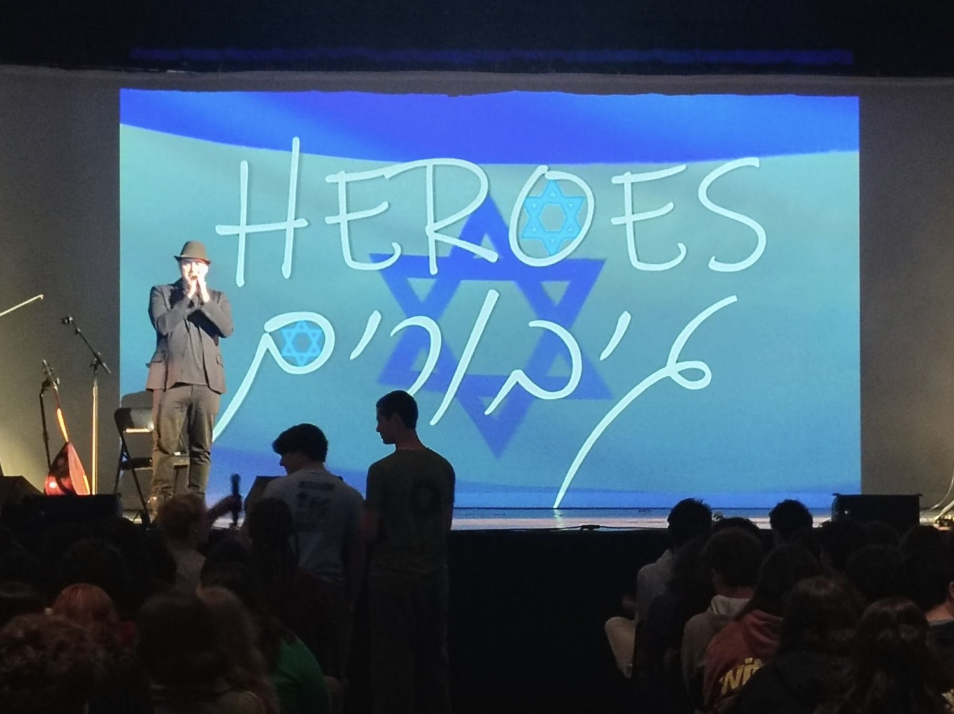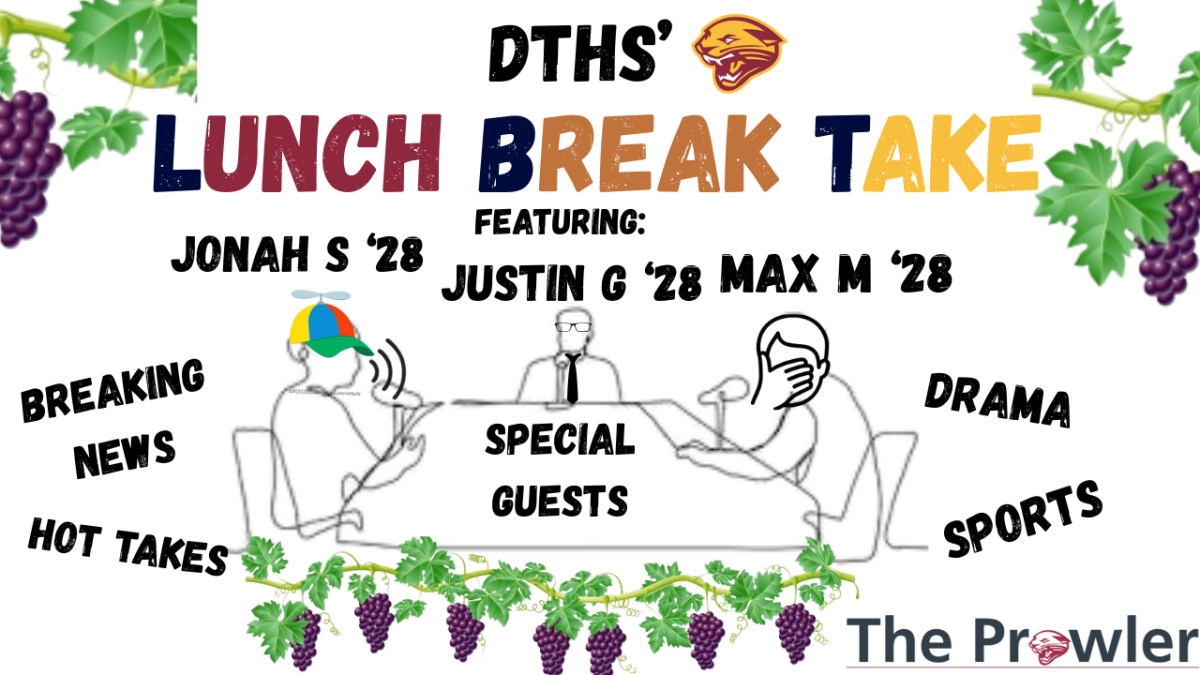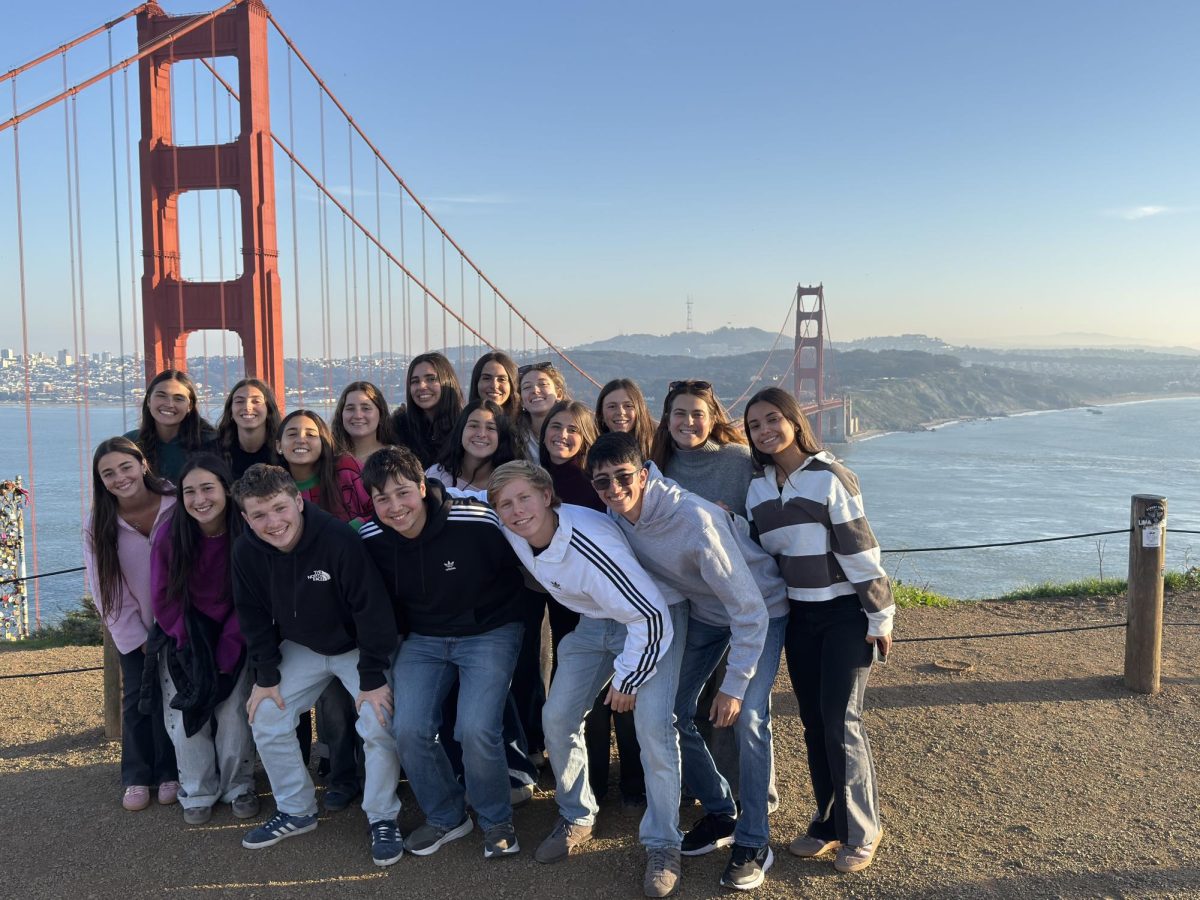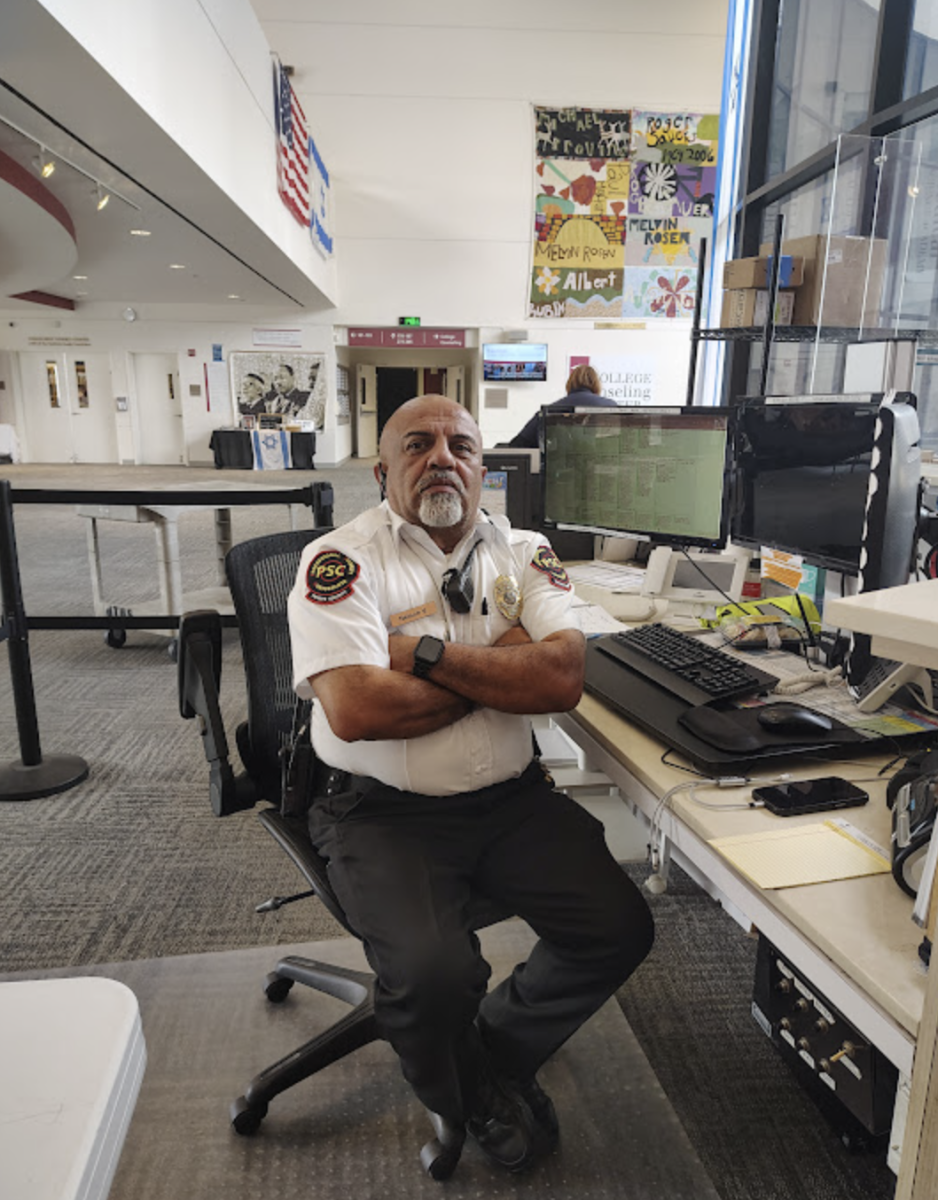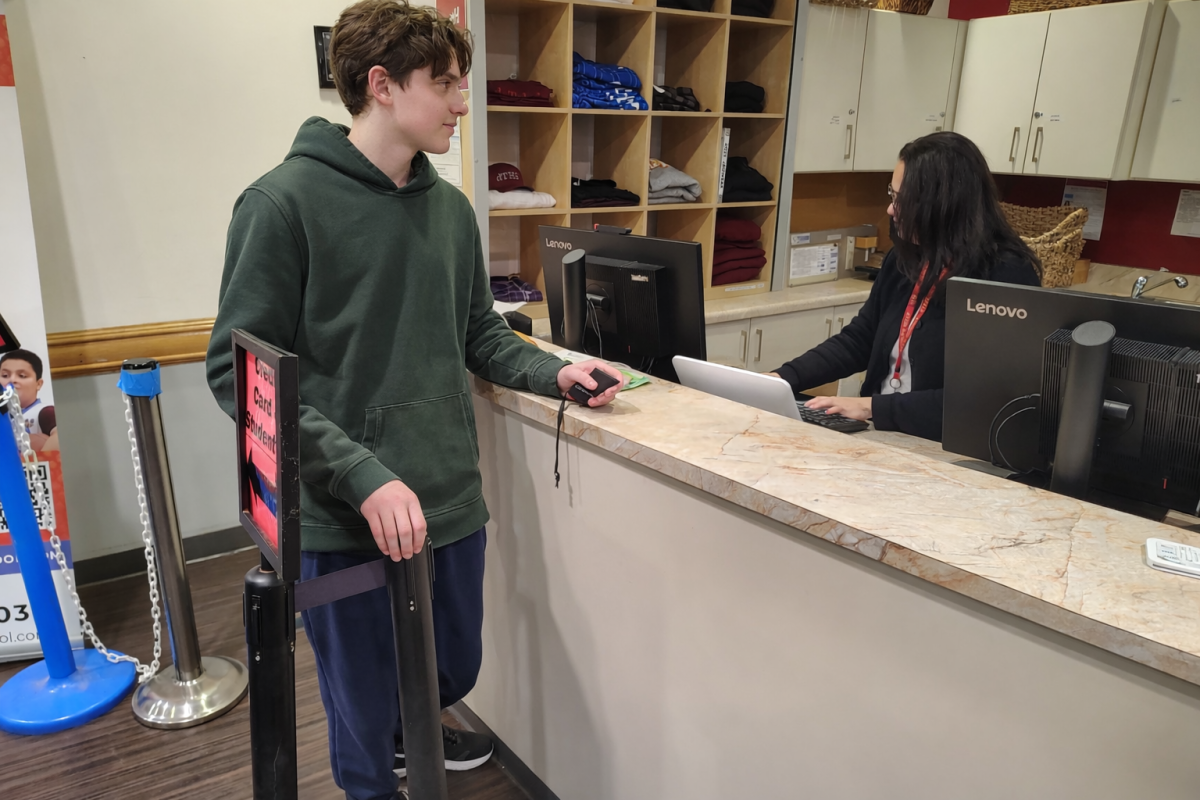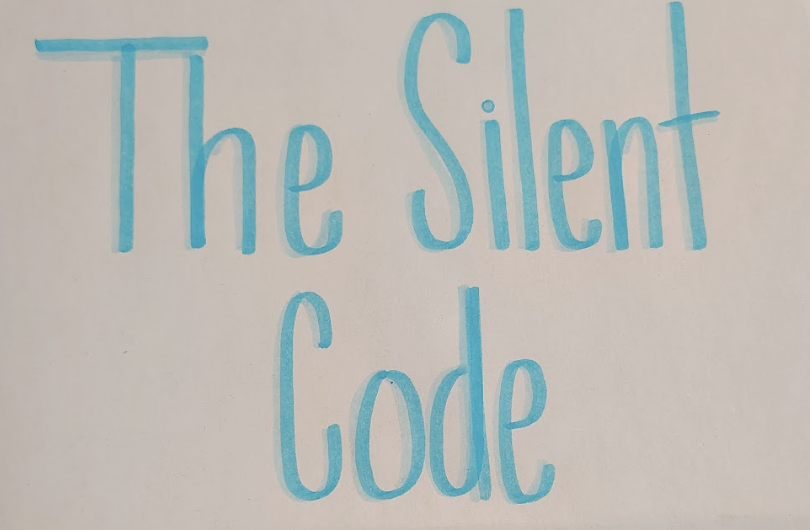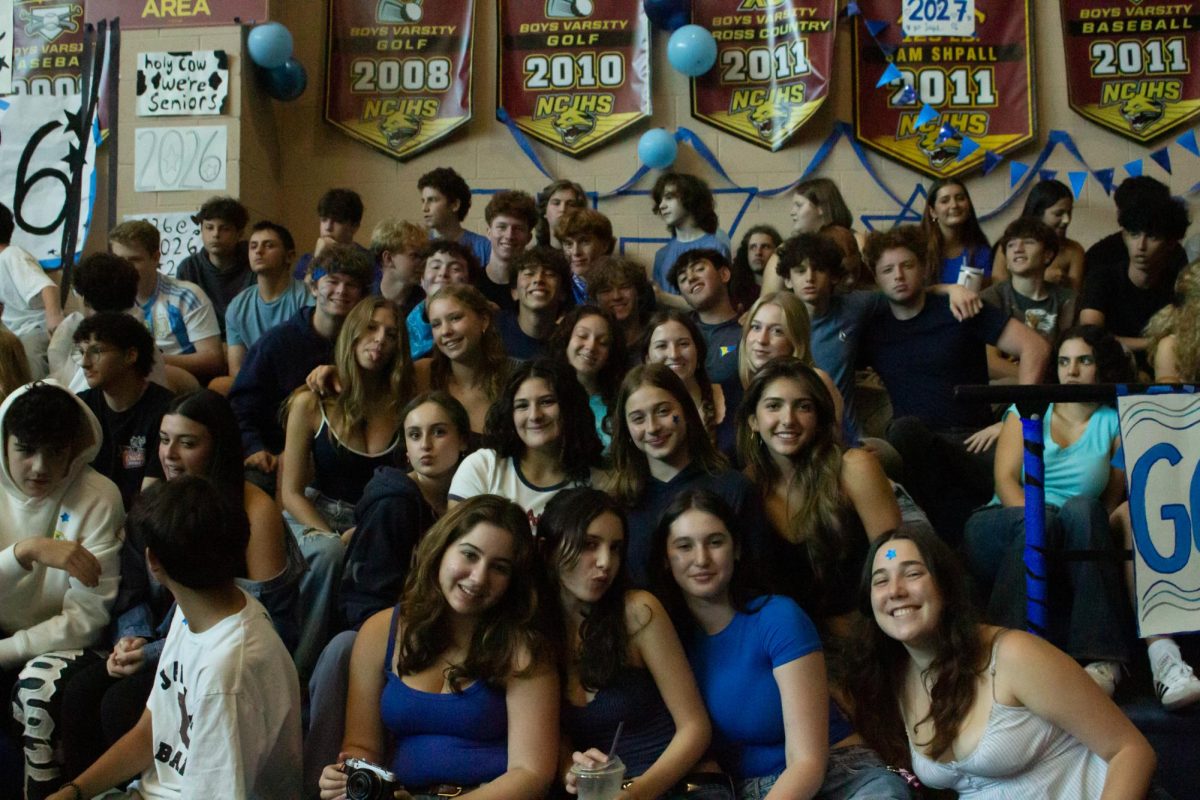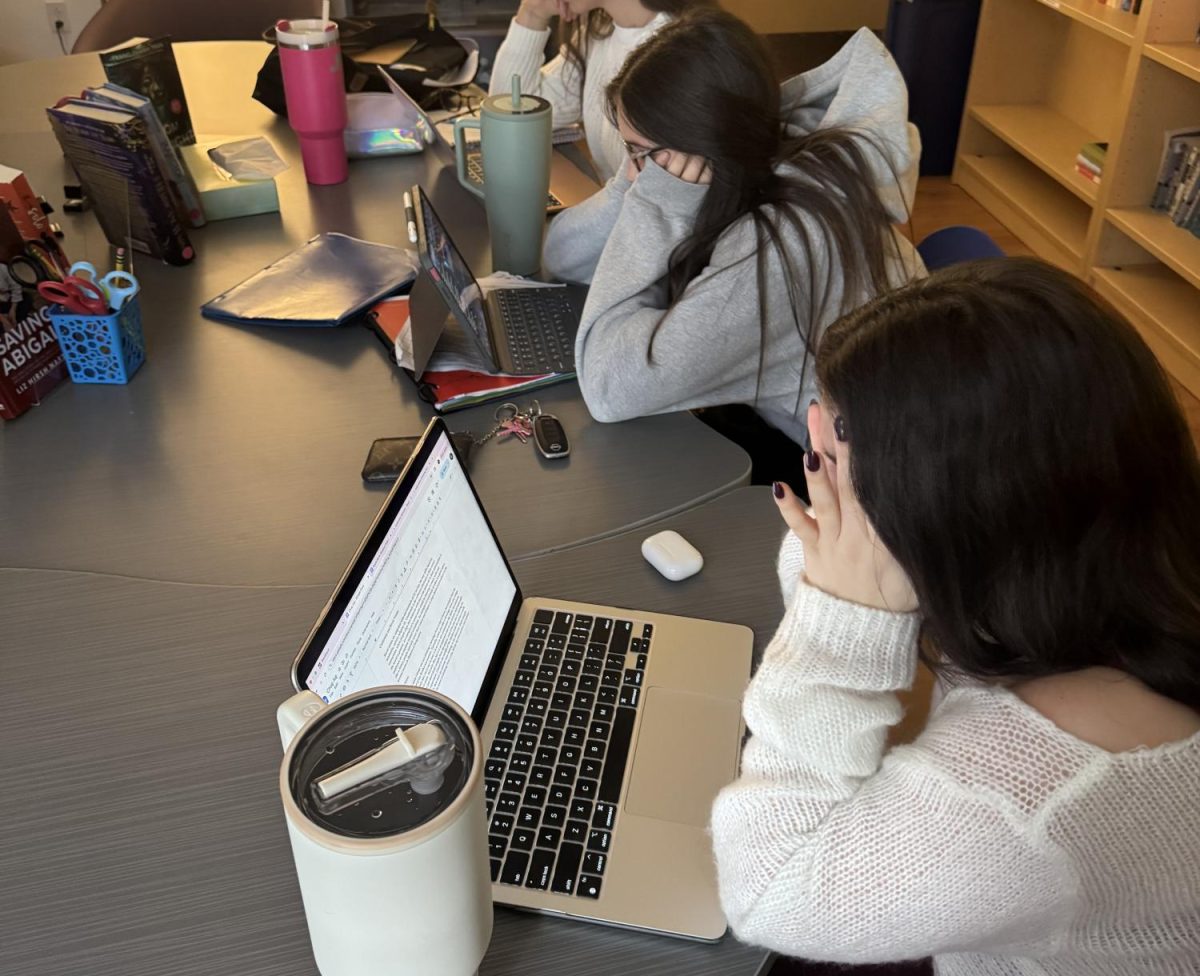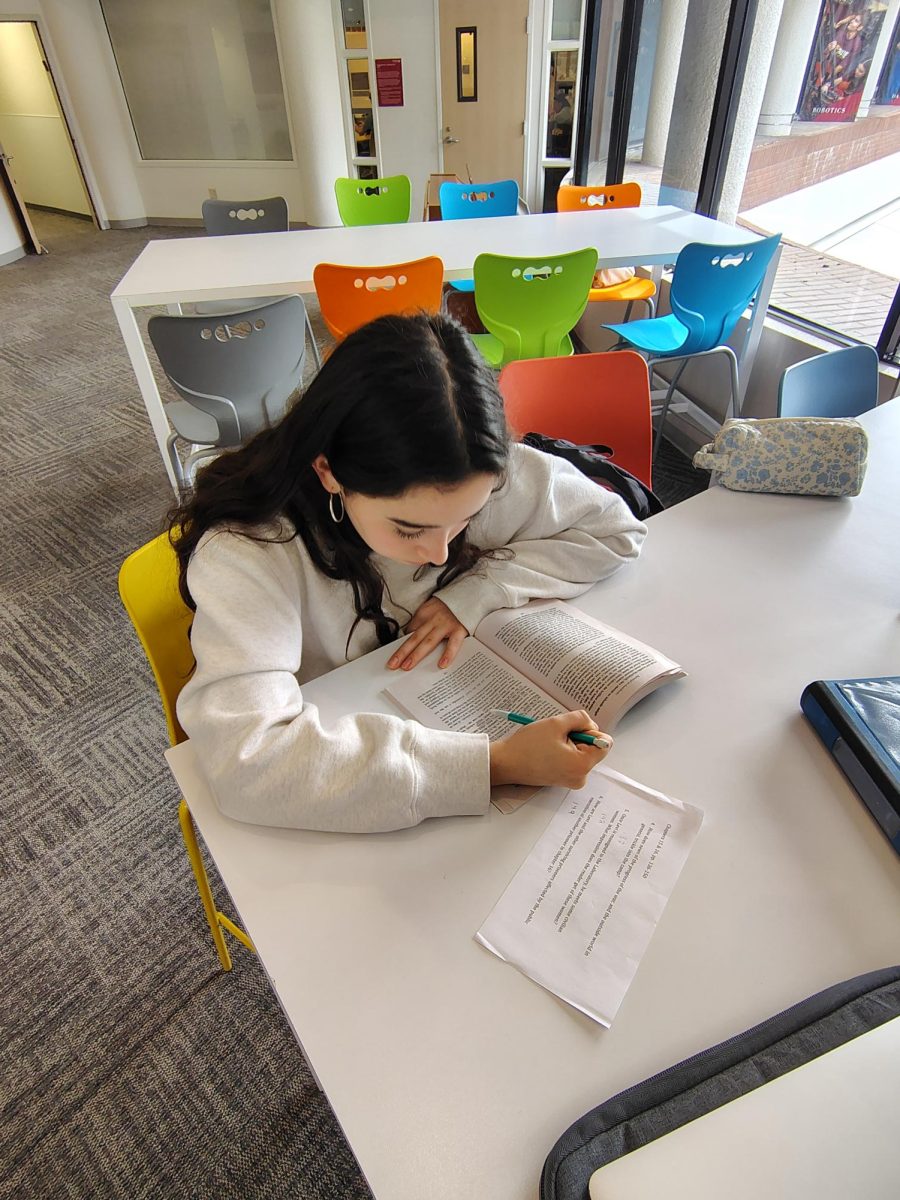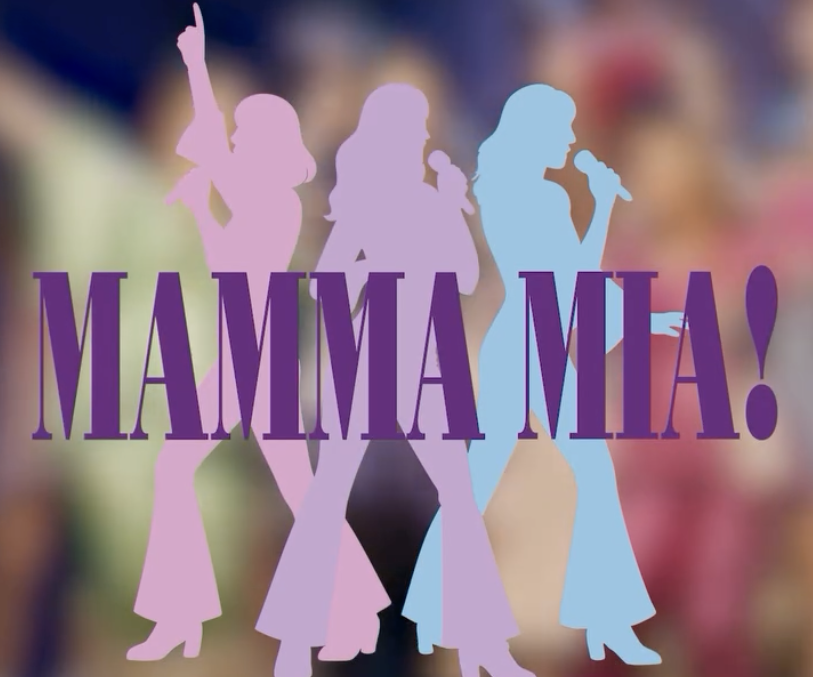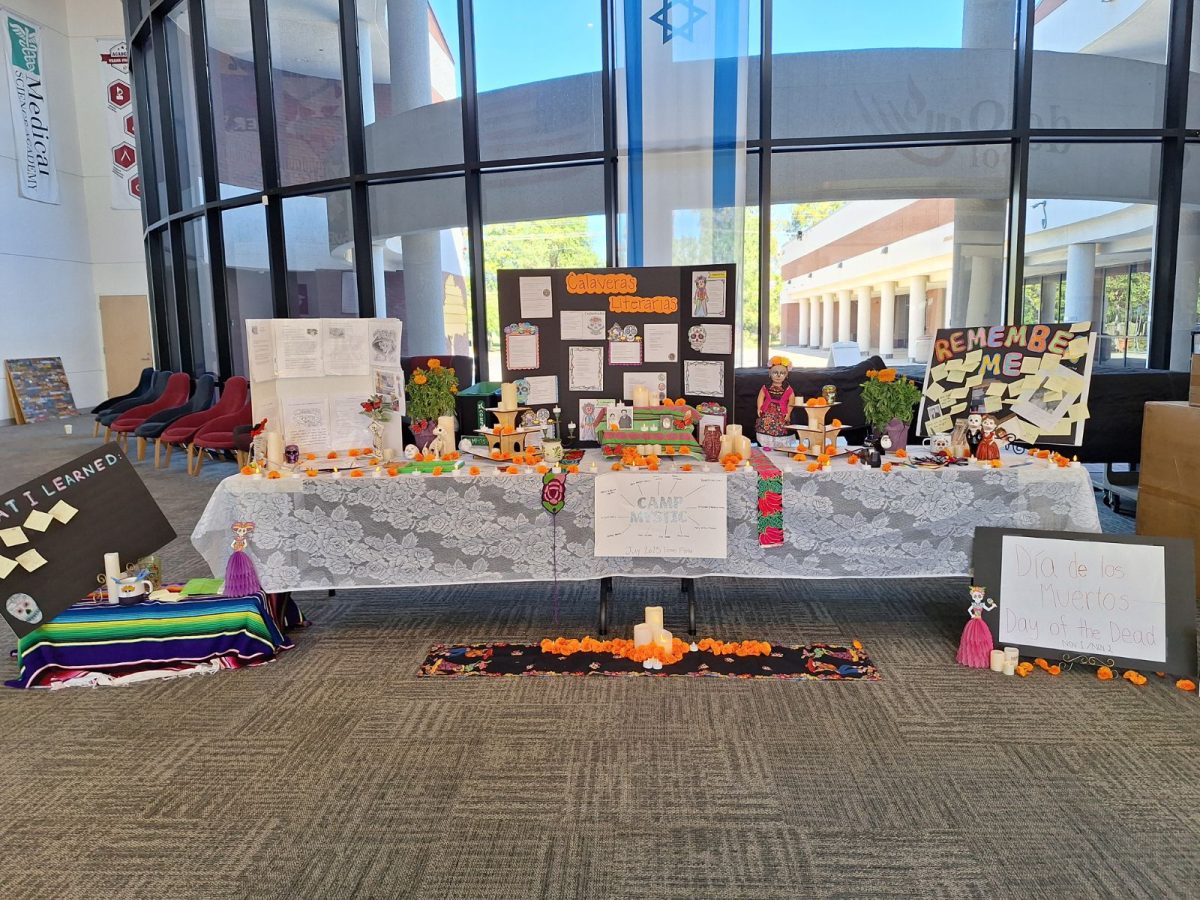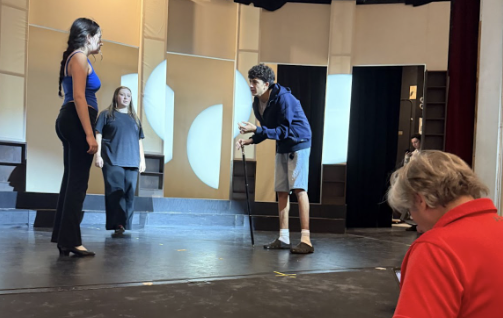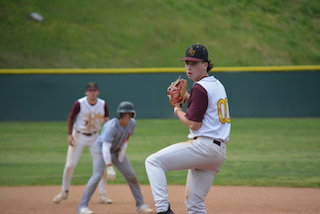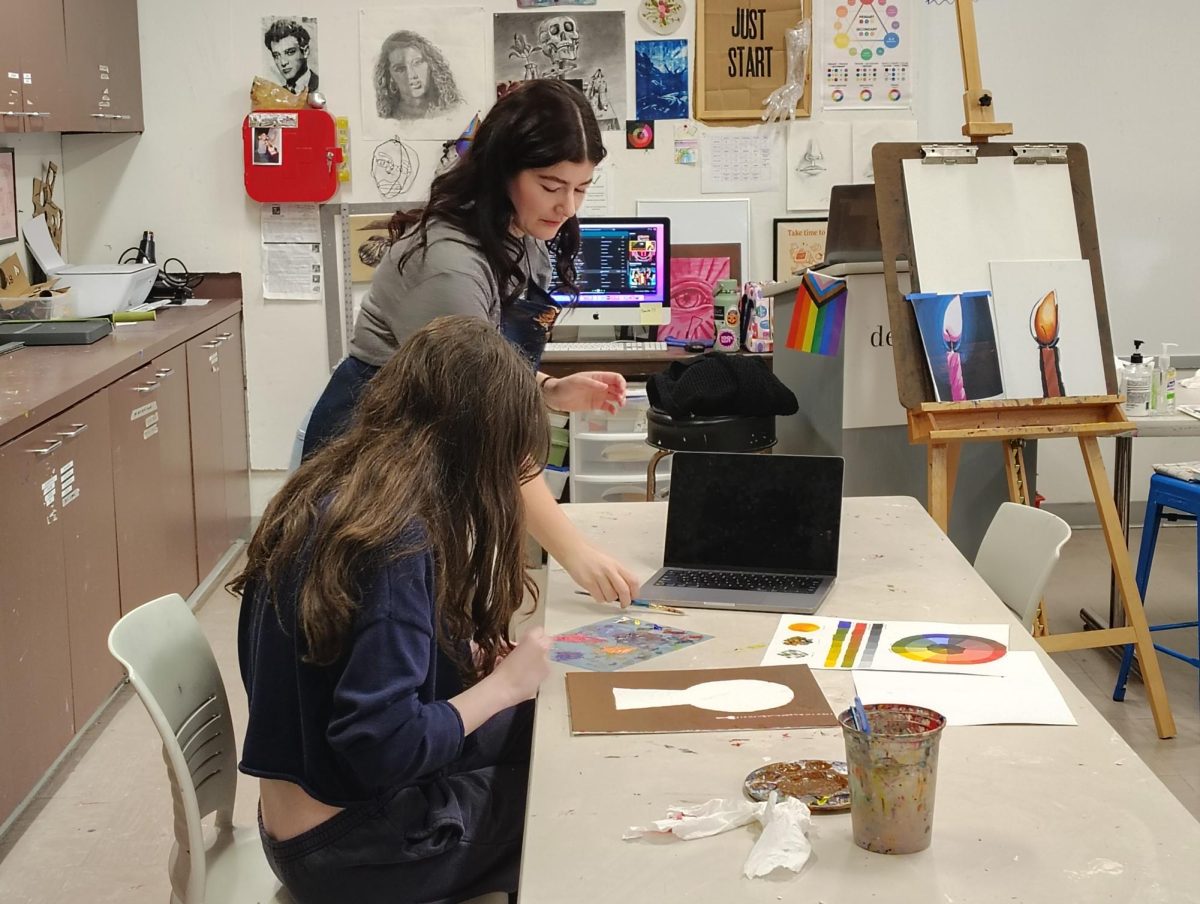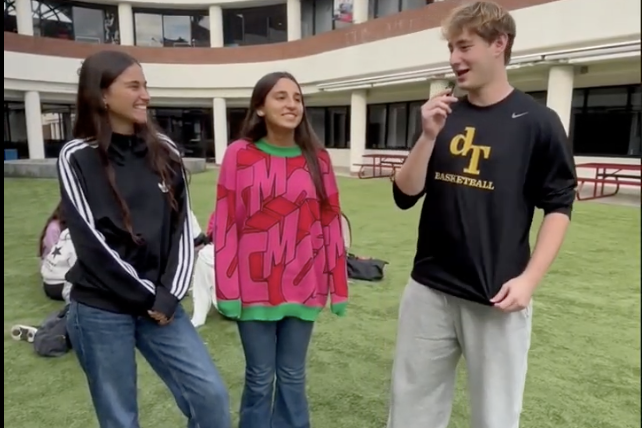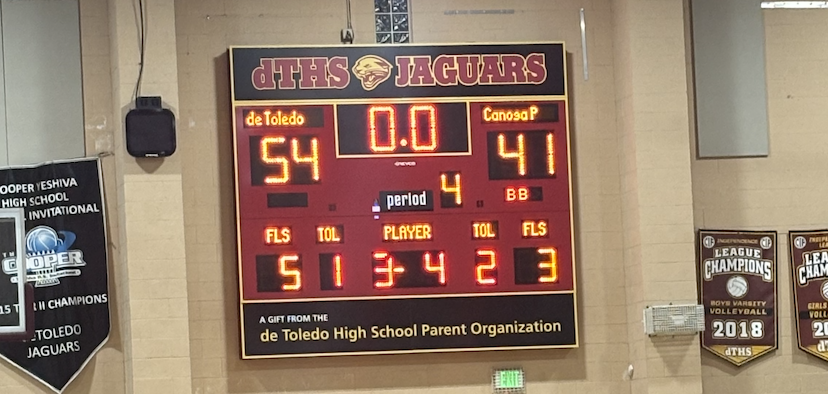Students Should Be Encouraged to Protest
April 11, 2018
With each tragedy involving someone walking into a public space and shooting innocent people, the immediate public reaction is one of outcry and protest. Shortly after, however, the noise is subdued and guns once again fade into the background of politics.
However, Wednesday, March 14 marked one month since the shooting at Marjory Stoneman Douglas High School, which killed 17 students and faculty members, and the conversation has not stopped, because the victims will not let it.
Following this terrible event, survivors of the shooting, as well as students all over the country, have engaged in various forms of protest. They are taking matters into their own hands, no longer waiting for politicians to take protective measures, and advocating for stricter gun control laws and mental health resources.
Following these protests by students all over the country, specifically those making speeches in Washington D.C., came false allegations that the students involved were not students, but “crisis actors.”
Benjamin Kelly, who worked as district secretary for Florida State Representative Shawn Harrison, said to a journalist in Tampa, Florida, that the students “are not students here but actors that travel to various crisis when they happen.”
Several of these conspiracy theories have been directed towards David Hogg, a survivor of the shooting and one of the most visible and outspoken advocates of stricter gun laws.
How is it possible that the people who are supposed to protect the students are the ones responsible for slander?
It is obvious that these are students, not actors. And yet, Kelly and other leaders in Florida are trying to manipulate the public, when they are the very people who should always have in mind the best interests of the students.
In response to such accusations, students have continued with different forms of protest, including speeches, demonstrations, and encouragement of school walkouts, specifically those taking place on March 14, March 24, and April 20 in a series of “March for Our Lives” protests.
These examples of unity and protest among high school students show the importance of schools giving the students the tools to do so. It is the lessons learned in high school, primarily, that give students the ability to become advocates in their communities.
Several studies, such as those conducted by the American Alliance for Theatre and Education, have indicated that courses such as Theatre, Journalism, and Speech and Debate are essential in promoting students’ ability to become public speakers and critical thinkers, abilities which cannot be conveyed in every core class.
Similarly, courses such as these give students the ability to advocate for themselves and others in a public setting, where they have the opportunity to make a difference, as evidenced by the students making public speeches that directly attack NRA lawmakers and Florida representatives. A recent article in the magazine Slate discusses how these specific programs at Marjory Stoneman Douglas High School allowed these students to make an difference.
Famous for her strong speeches and advocacy is Marjory Stoneman Douglas High School student Emma Gonzalez.
In a public speech at a gun control rally in Fort Lauderdale, Florida, Gonzalez said, “We are going to be the kids you read about in textbooks. Not because we’re going to be another statistic about mass shooting in America, but because, just as David said, we are going to be the last mass shooting…We are going to change the law.”
The ability to stand before a crowd and convey your beliefs in a professional manner not only requires passion and courage, but it requires the ability to communicate your beliefs successfully in order to make people listen.
In response to this tragedy, students must learn how to become advocates in their communities. For many people, this is not an innate ability, but something that can be learned over time with the proper training, tools, and opportunities.
The students of Marjory Stoneman Douglas High School have shown that students are the future, and ultimately the ones who will initiate change. In order to successfully do so, they must be enabled to do so.


